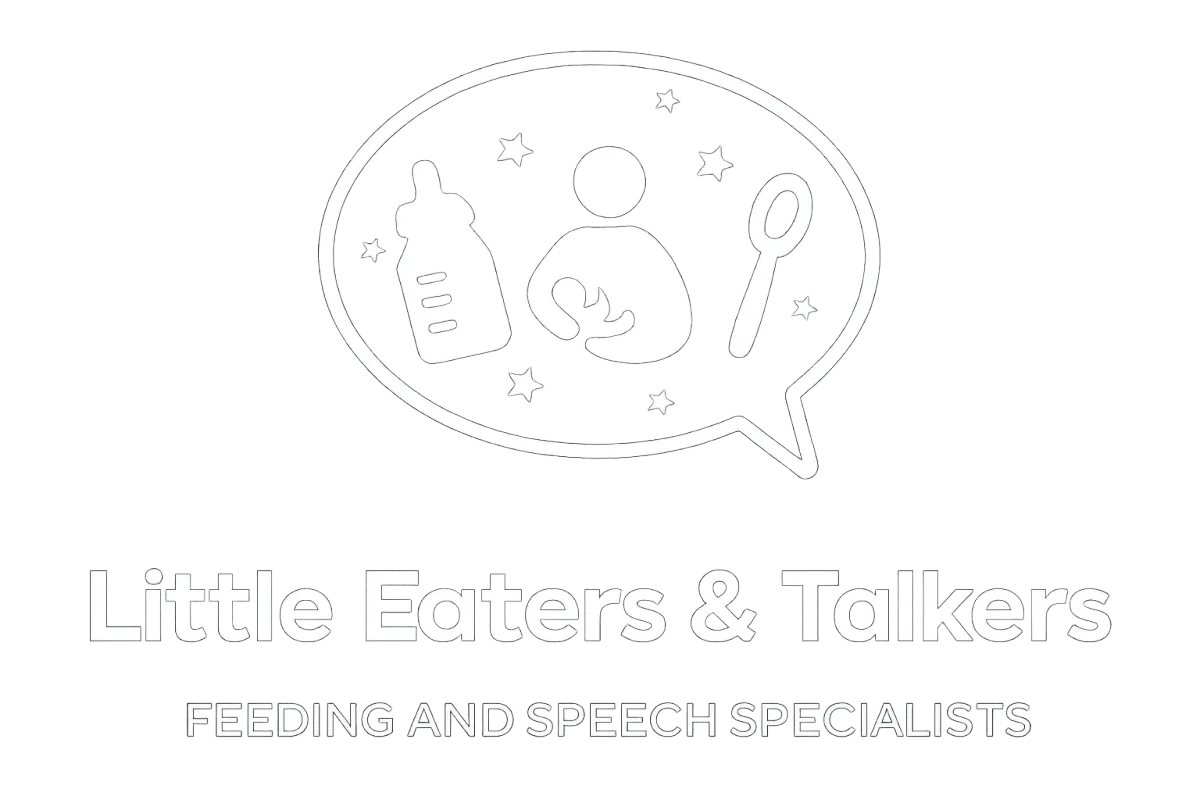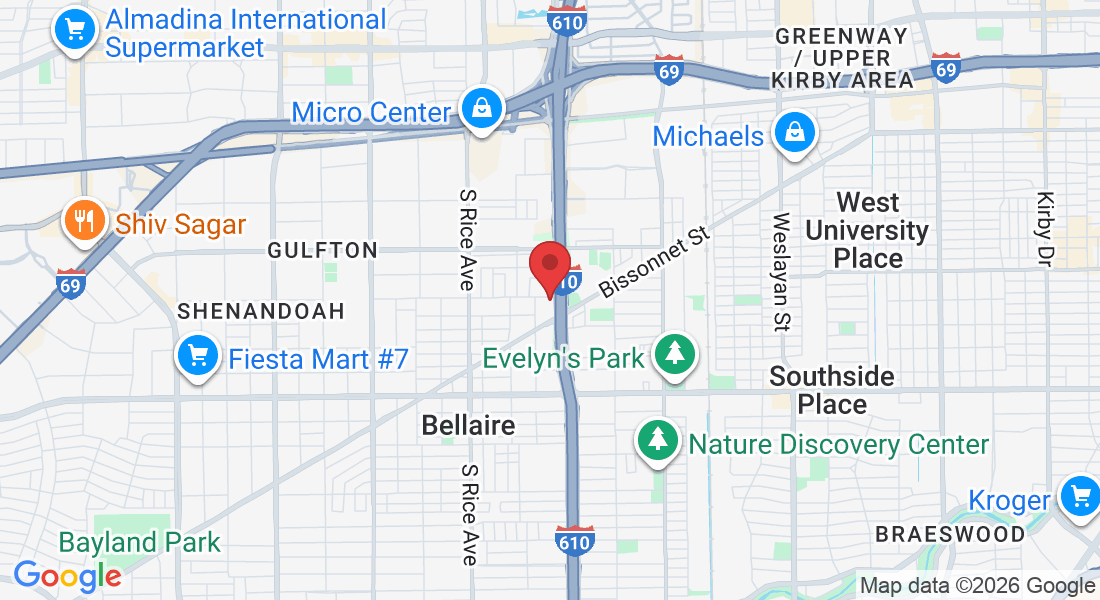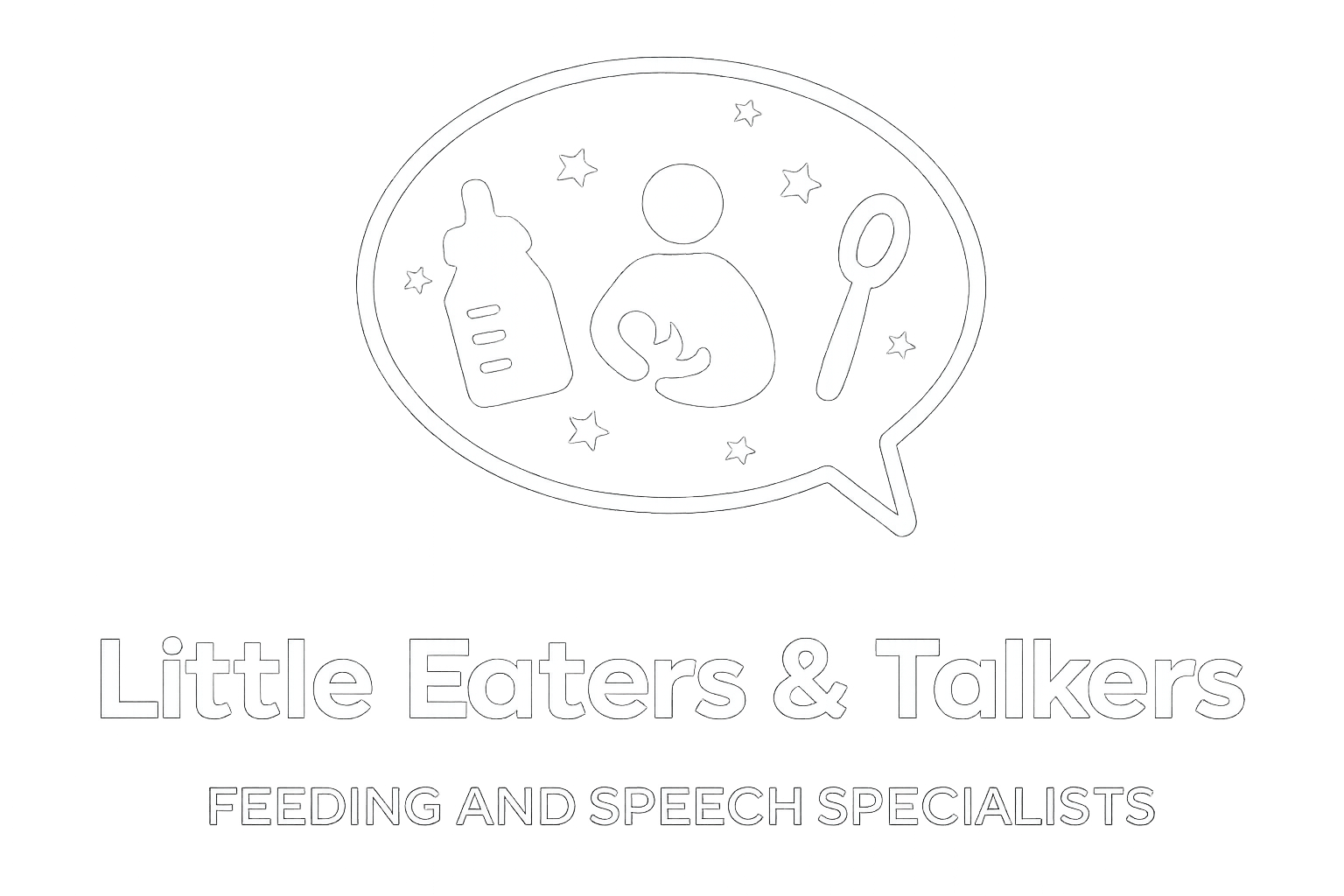Feeding, Swallowing, Lactation, and Speech Therapy in Houston
Where Little Eaters &
Talkers Thrive
Transforming Feeding and Speaking into Playful and Positive Experiences for Little Ones.
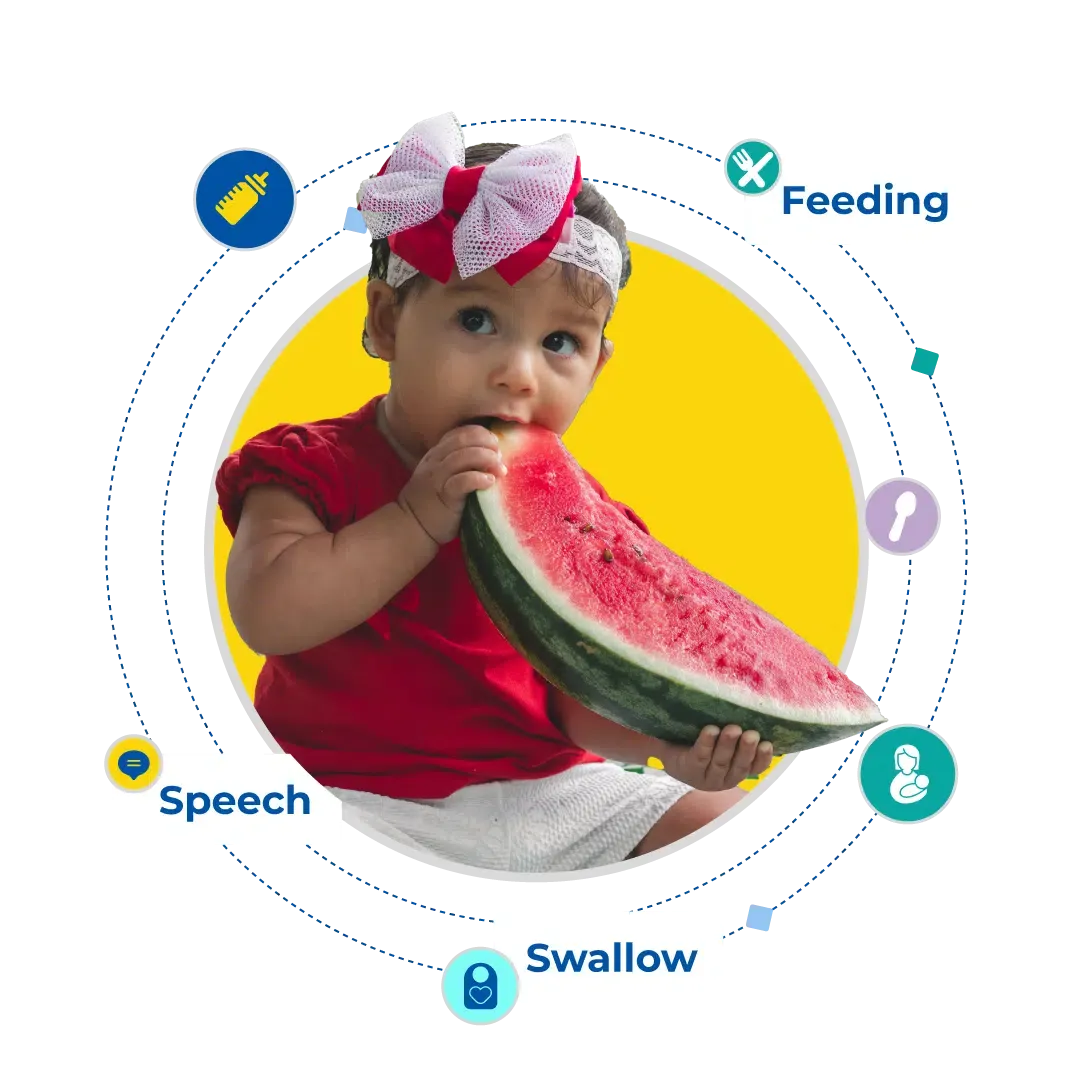
Convenience at Your Doorstep:
Personalized Home, Office, Childcare, or Virtual Visits from Little Eaters and Talkers
In today’s fast-paced world, finding time for specialist visits can be a challenge for busy families. At Little Eaters and Talkers, we understand the importance of convenience and comfort in your child’s developmental journey. That’s why we offer personalized home, office, or childcare visits, bringing our expert eating, swallowing, and speech therapy services right to your doorstep.
Our therapy program is designed to reduce the stress of traveling to a clinic, especially for children who may find new environments overwhelming. By working in your child’s familiar surroundings, we can more effectively assess and address their specific needs in a setting where they feel most at ease. This approach not only provides a comfortable and convenient solution for you but also fosters a more natural and effective therapeutic environment for your child.
Experience the difference with our services – where quality care meets unmatched convenience.
Specialized Solutions for Your Child's Feeding and Speech Development
At Little Eaters and Talkers, we recognize that every child’s journey to mastering eating and speech is unique, filled with its own set of challenges. From difficulties with bottle-feeding to the complex transition to solid foods, our compassionate team is dedicated to transforming these challenges into milestones. Our approach goes beyond traditional methods, addressing not just the symptoms but the underlying causes of feeding and speech difficulties.
Our services
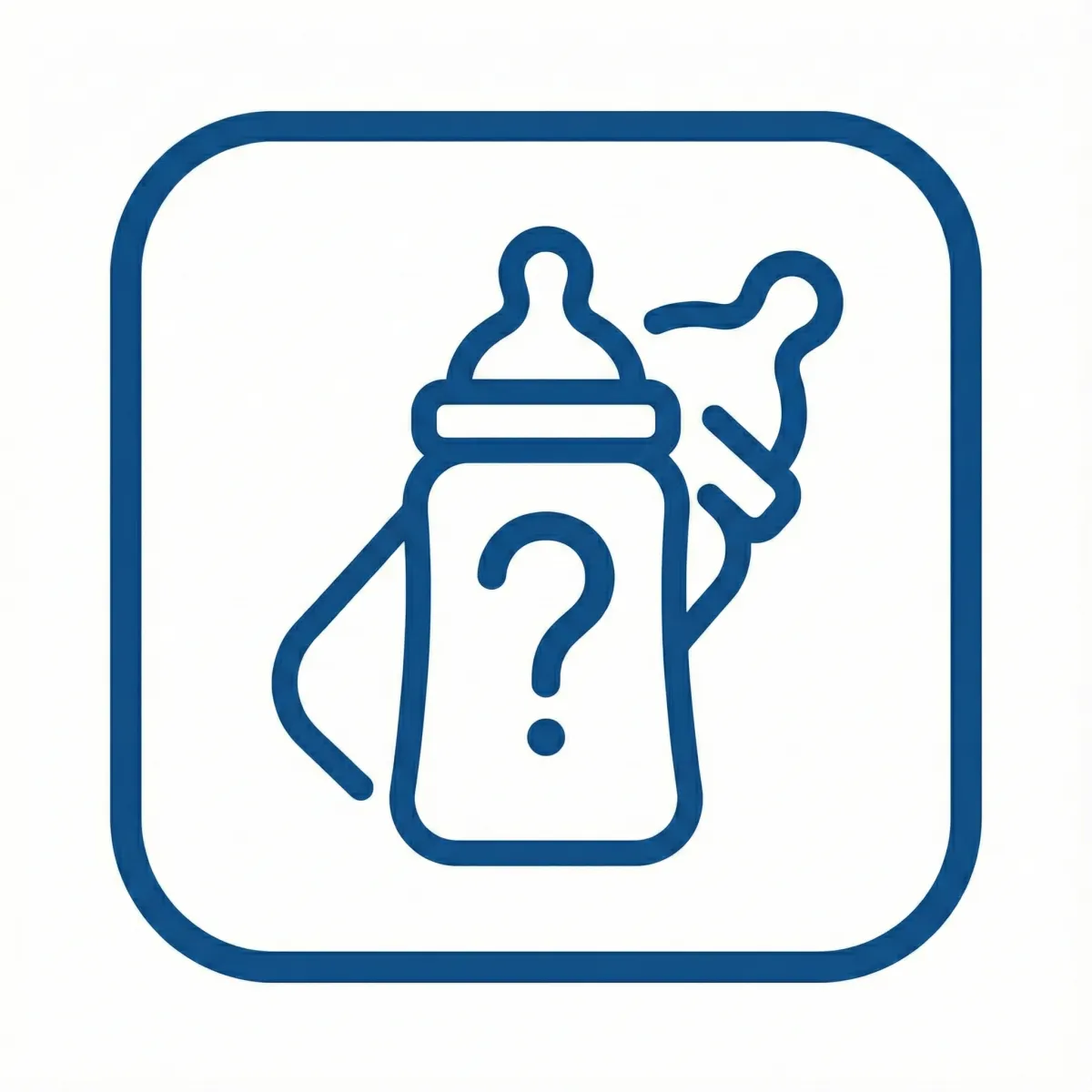
Difficulty with Bottle or Breast Feeding
Babies who struggle with bottle or breast feeding may show stress, fatigue, or poor intake. We help identify challenges and support safer, calmer feeding.
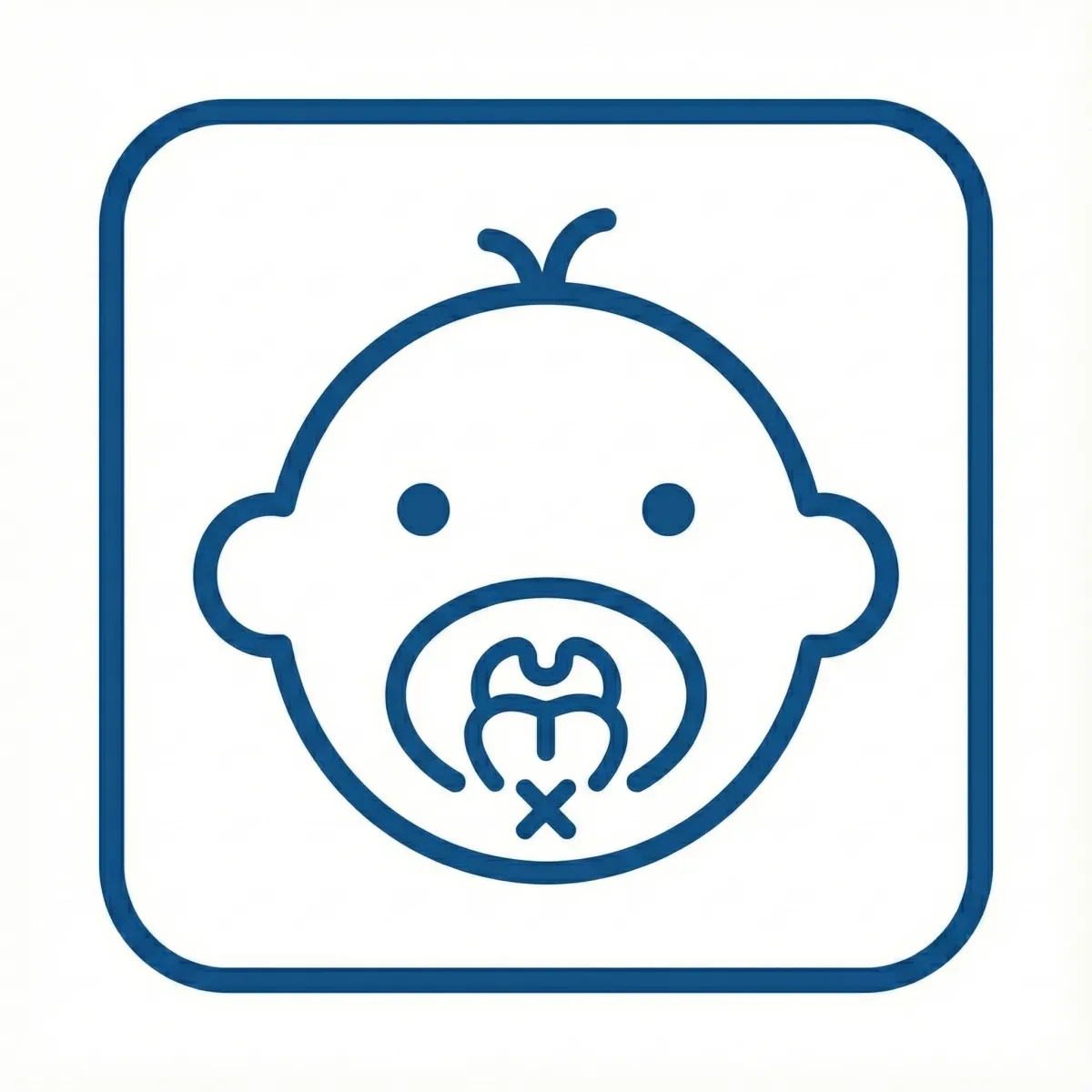
Tongue Tie Complications
Tongue ties can limit movement and impact feeding and speech. We assess function and help families understand next steps for improved feeding success.
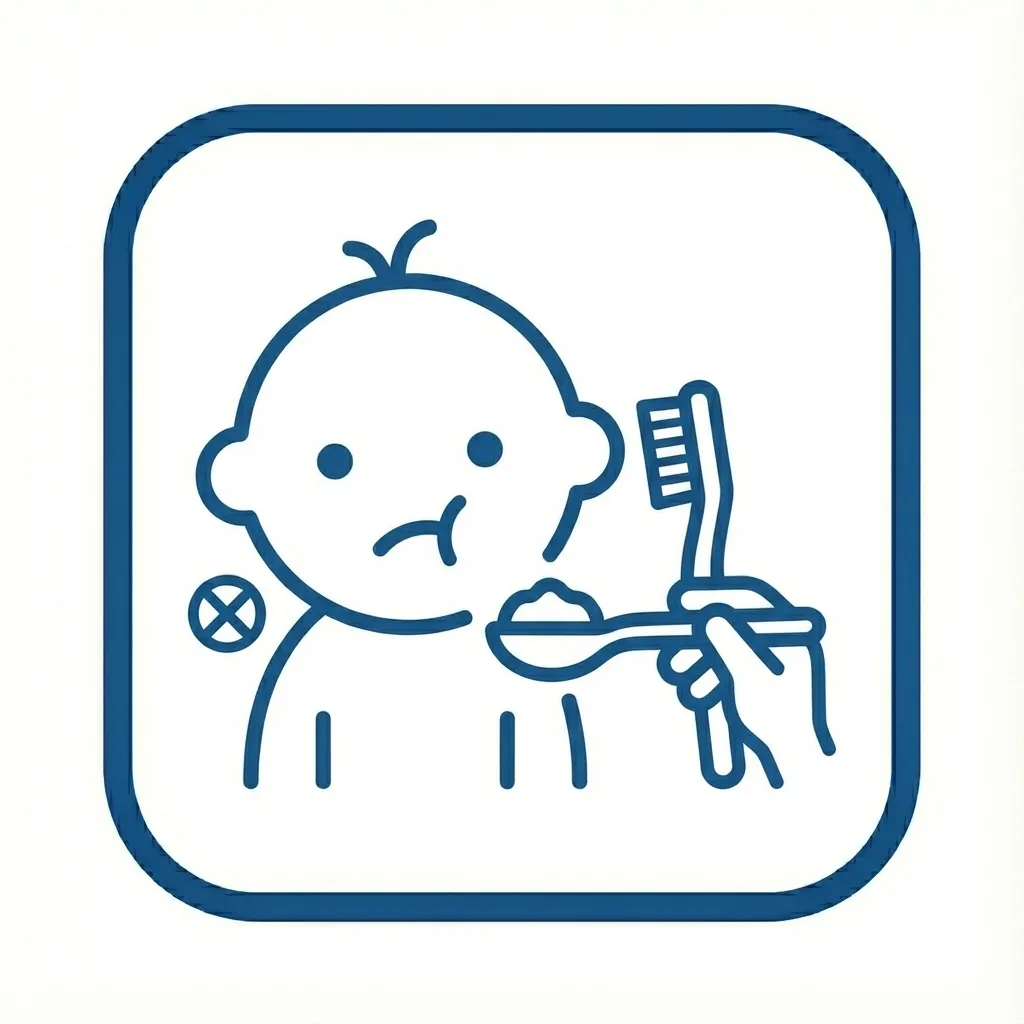
Oral
Aversion
Some children resist eating due to sensory discomfort or past feeding stress. Therapy focuses on building comfort, trust, and positive feeding experiences.
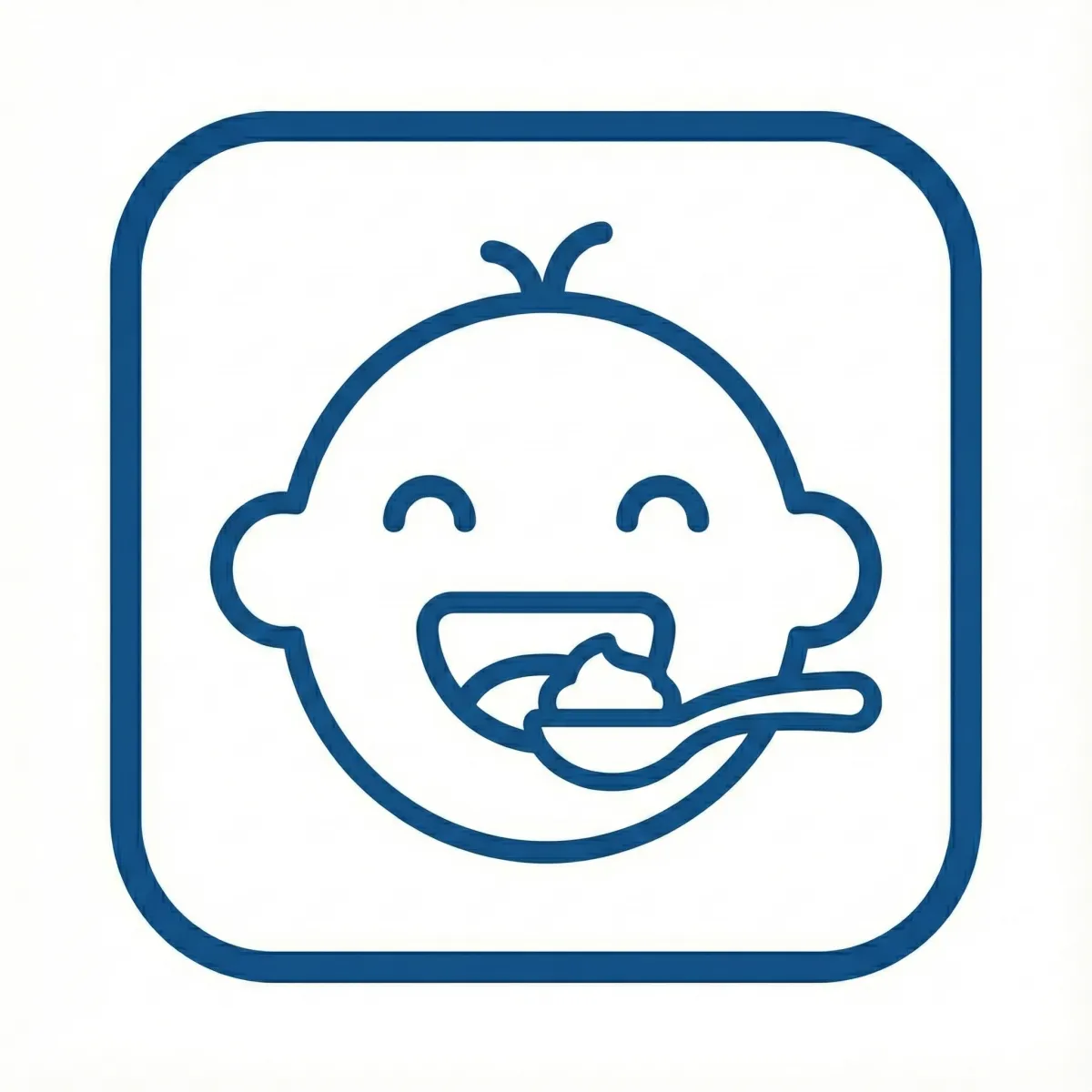
Introduction to Solids
Starting solid foods is an important milestone that can feel overwhelming. We guide families through safe, developmentally appropriate feeding progressions.
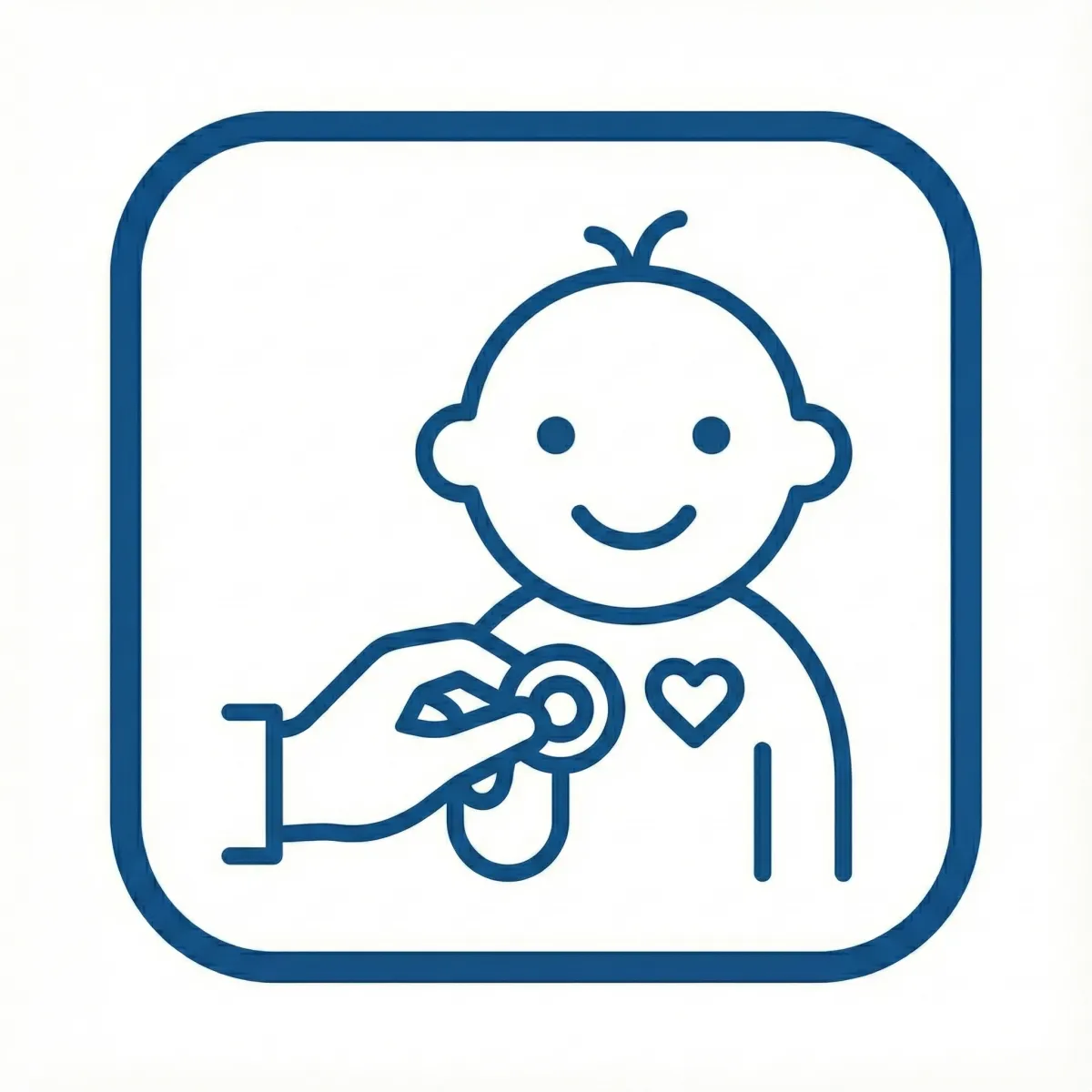
Wellness Consultations
A personalized consultation designed to review your child’s development, answer questions, and determine whether therapy support may be beneficial.
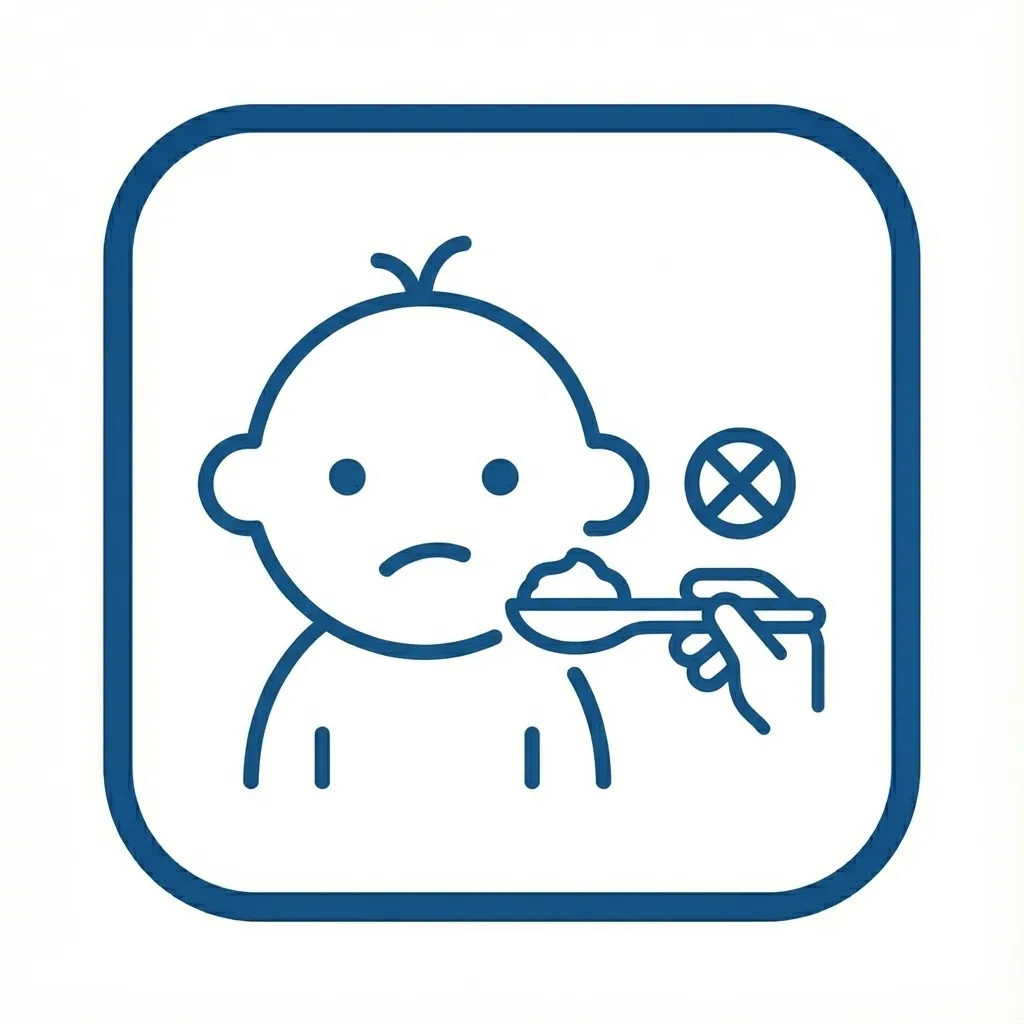
Picky Eating Habits
Selective eating can limit variety and nutrition over time. We help children expand food acceptance while reducing stress at meals.
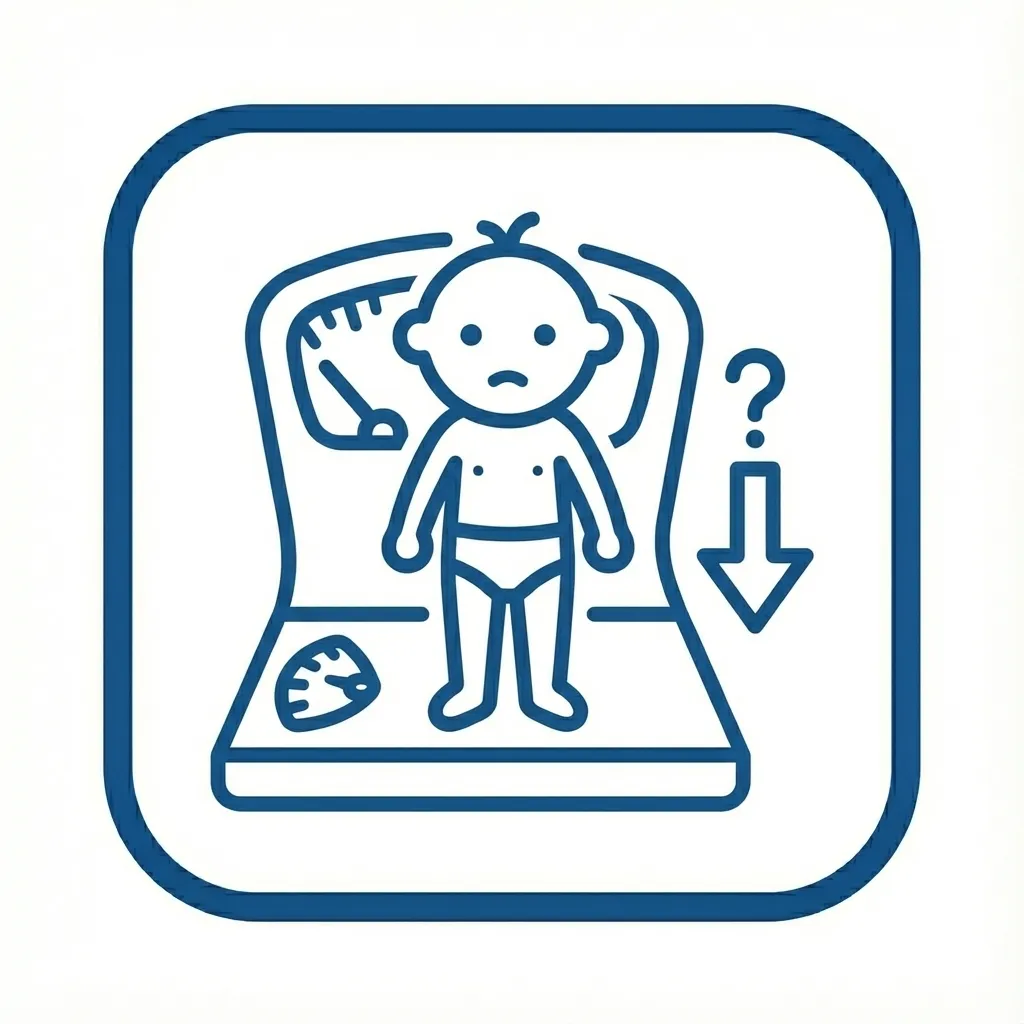
Challenges in Weight Gain
When weight gain is slower than expected, feeding support may help. We work with families to encourage effective intake and healthy growth patterns.
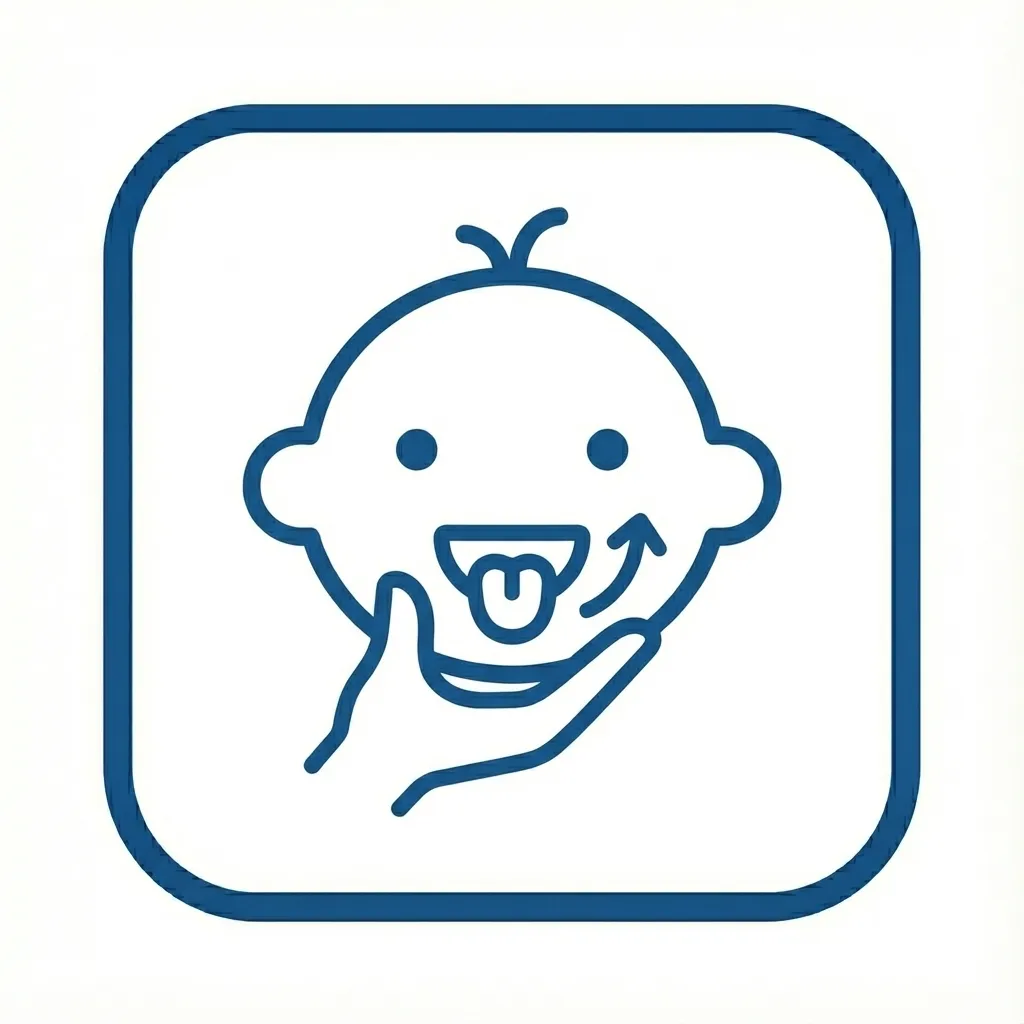
Myofunctional Therapy
Open mouth breathing, tongue thrusting, or oral habits can affect feeding and sleep. Therapy supports improved oral function and coordination.
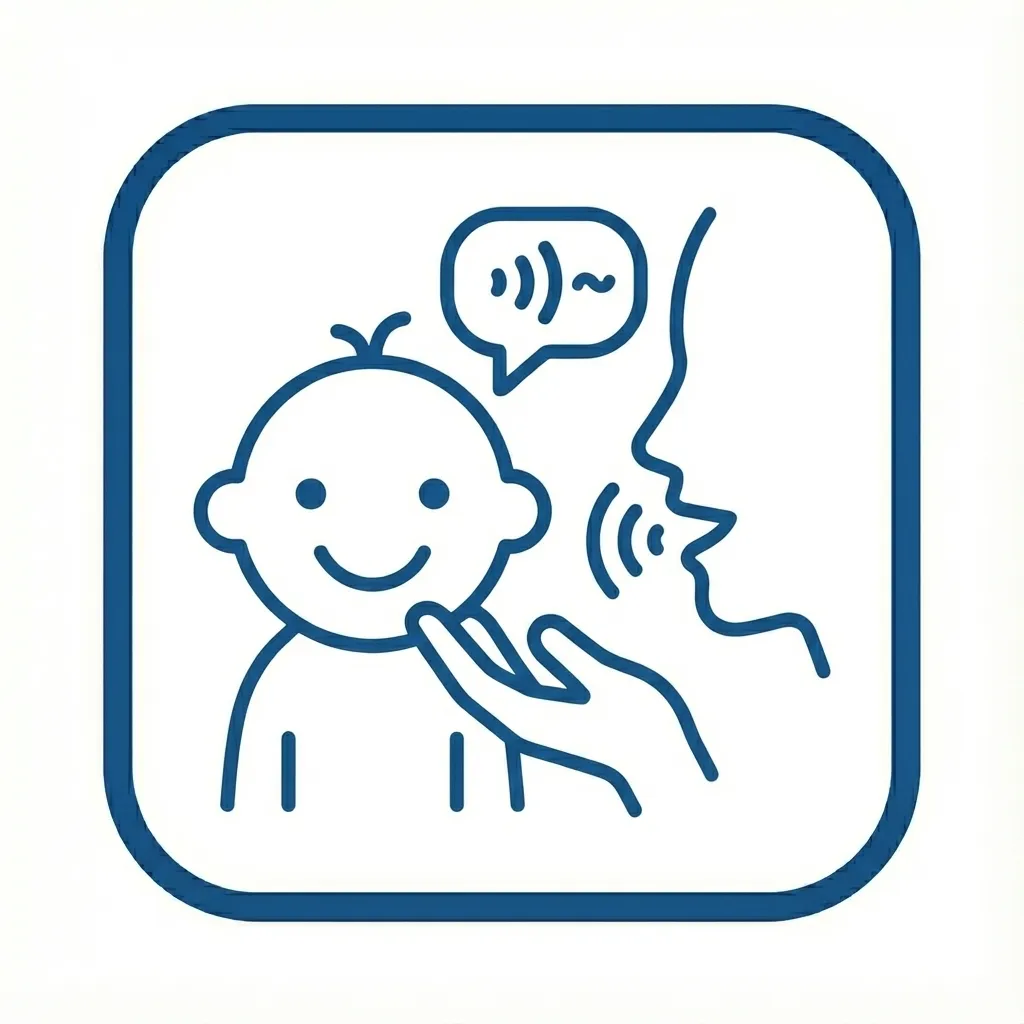
Speech
Therapy
Some children need support learning sounds, words, or language skills. Therapy focuses on improving communication in everyday interactions.
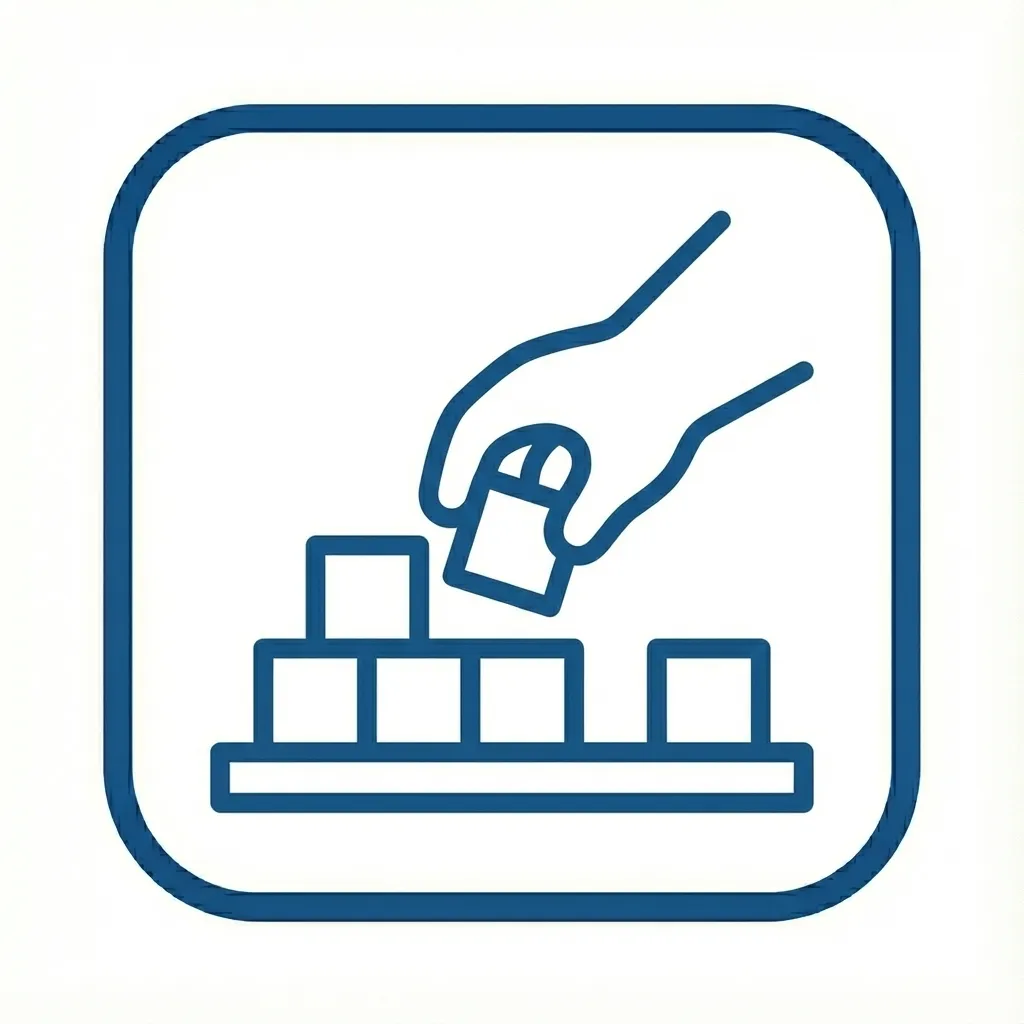
Occupational Therapy
Occupational therapy supports daily activities like feeding, play, and self-care by improving motor skills, sensory processing, and regulation.
Book An Appointment

Intervention is Key!
Feeding difficulties can create stress and concerns for both parents and infants, impacting growth and development.
Inadequate nutrition, weight gain challenges, and potential long-term complications become real worries.
Our team of experts specializes in assessing and addressing a variety of feeding challenges. From overcoming bottle aversion to guiding the introduction to solids, we provide proven techniques and personalized strategies. Our goal is not only to address the symptoms but to empower both parents and children for a positive and healthy feeding experience.
Talk to Our Feeding and Speech Experts
We Hire Only
Expert Specialists

John Doe
Cardiac Surgery

Jane Doe
Pediatric Clinic

Jane Doe
Gynecology

Jane Doe
Neurology

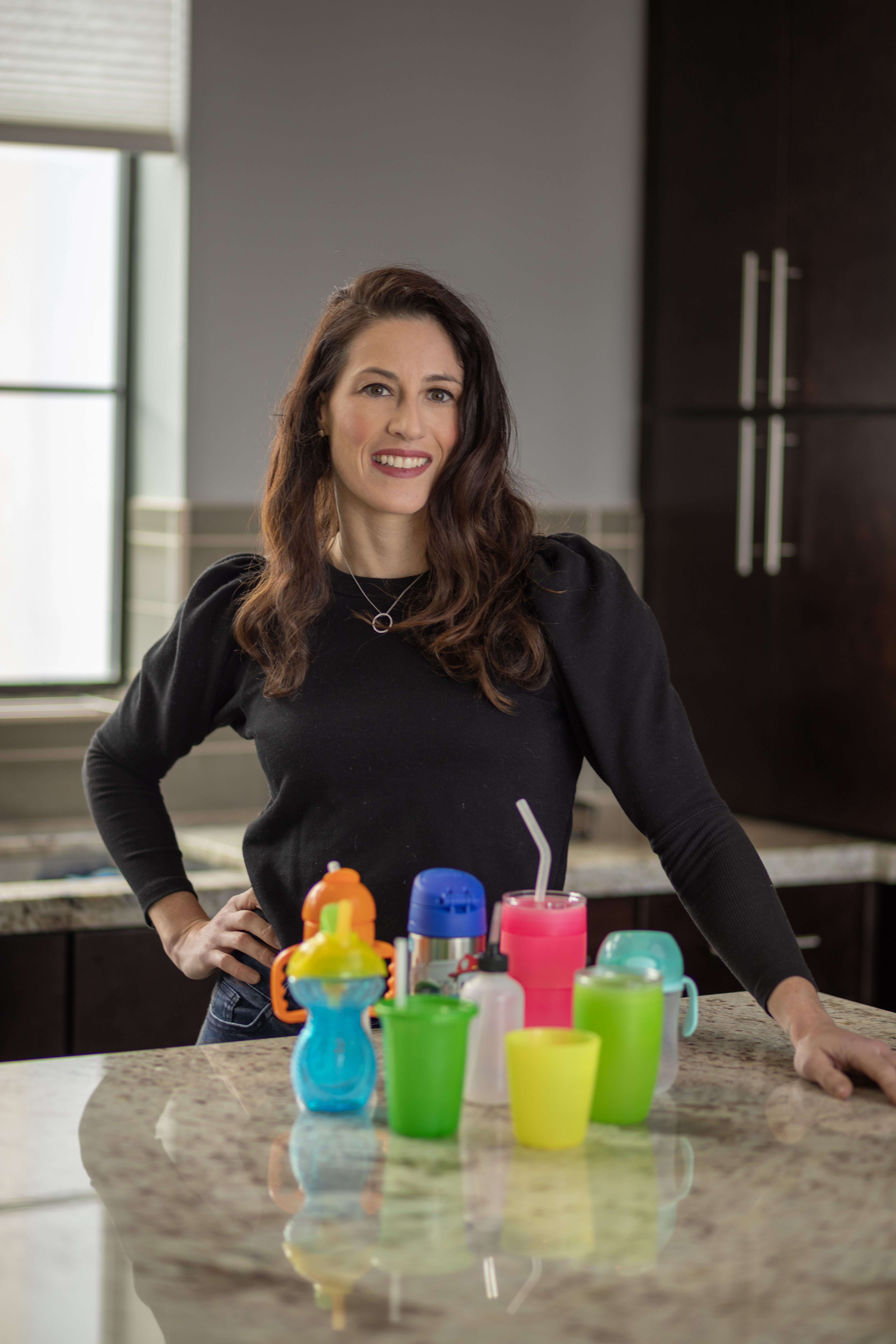
Client Experience
Best Treatment
Jean was instrumental in helping my son overcome his extreme oral aversion… Her confidence and vibrant personality was a breath of fresh air...… I really appreciated how easy she was to get in touch with any time I had a new feeding concern.”
— Torie O., Parent
Convenience at Your Doorstep:
Personalized Home, Office, Childcare, or Virtual Visits from Little Eaters and Talkers
In today’s fast-paced world, finding time for specialist visits can be a challenge for busy families. At Little Eaters and Talkers, we understand the importance of convenience and comfort in your child’s developmental journey. That’s why we offer personalized home, office, or childcare visits, bringing our expert eating, swallowing, and speech therapy services right to your doorstep.
Our therapy program is designed to reduce the stress of traveling to a clinic, especially for children who may find new environments overwhelming. By working in your child’s familiar surroundings, we can more effectively assess and address their specific needs in a setting where they feel most at ease. This approach not only provides a comfortable and convenient solution for you but also fosters a more natural and effective therapeutic environment for your child.
Experience the difference with our services – where quality care meets unmatched convenience.

Schedule a Meeting
Please select your preferred time.

Perform Inspection
Ensure everything is in order.

Administer Care
Provide appropriate procedures.

Provide Therapy
Deliver effective solutions.

MON................ 8:00 AM – 5:00 PM
TUE.................. 8:00 AM – 5:00 PM
WED................ 8:00 AM – 5:00 PM
THU................. 8:00 AM – 5:00 PM
FRI................... 8:00 AM – 5:00 PM
SAT................ 10:00 AM – 7:00 PM
SUN..................................... CLOSED
In-person, Office, Childcare and Virtual options

Address
6300 West Loop South, Suite 290
Bellaire, TX 77401

Text Us
+1 832-304-3506

Send us a Mail

Opening Hours
Monday 9 AM–12 PM
Tuesday 9 AM–4 PM
Wednesday 12–4 PM
Thursday 9 AM–4 PM
Friday 9 AM–12 PM
Saturday Closed
Sunday Closed
Get in Touch with us
We’re here to help anytime

Call Us

Mail Us

Opening Time
Mon -Sat: 7:00 - 17:00
Contact Us
Email: [email protected]
Phone: +1 832-304-3506
Fax: 346-341-0359
Address: 6300 West Loop South, Suite 290 Bellaire, TX 77401
Subscribe to our Mailing List!
Get Expert Feeding & Speech Tips Straight to Your Inbox!
© Copyright 2026 The Little Eaters & Talkers. All Rights Reserved.
